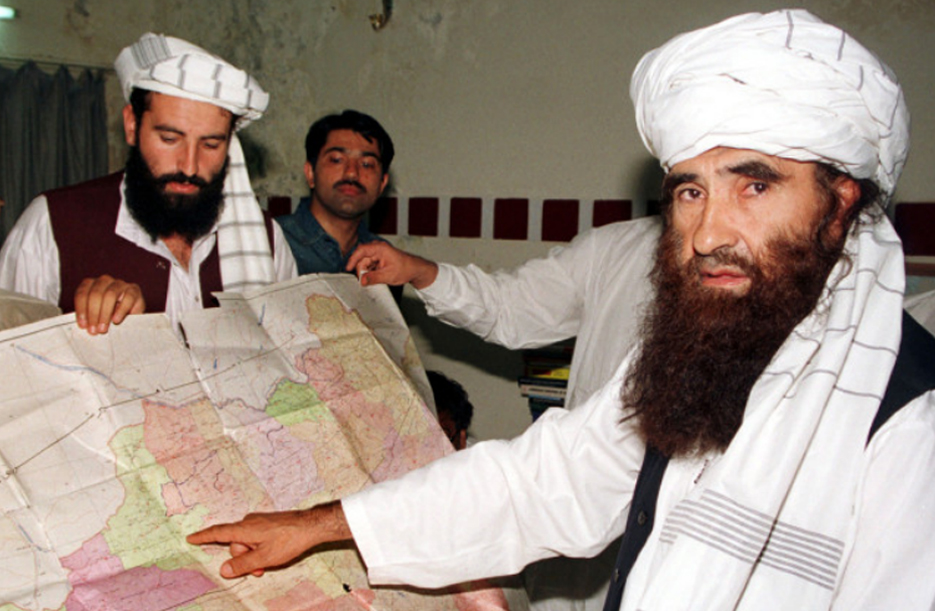
Posted On : Dec 4 2020
The Haqqani Network
The Haqqani Network, an Afghan militant organization with ties to the Taliban, has gained notoriety for its intricate web of operations and its role in the ongoing conflict in Afghanistan.

Founded by Jalaluddin Haqqani, the group has been a significant player in the region's geopolitical landscape for decades. This article provides insights into the origins, activities, and impact of the enigmatic Haqqani Network.
Origins and Objectives:
The Haqqani Network emerged during the Soviet invasion of Afghanistan in the 1980s. Initially supported by the United States and Pakistan, the group aimed to resist the Soviet occupation. Over time, it evolved into a formidable entity, retaining its militant character while adapting its goals to align with the broader objectives of the Taliban.
Operational Tactics:
The Haqqani Network is known for its sophisticated operational tactics. It has been involved in a range of activities, including suicide bombings, targeted assassinations, and high-profile attacks on Afghan and international forces. The group's agility in planning and executing attacks has made it a potent force in the ongoing insurgency.
Regional Implications:
The Haqqani Network's activities have not been confined to Afghanistan. Its presence in Pakistan's tribal regions has complicated counterterrorism efforts in both countries. The group's connections to other militant organizations and its ability to operate across borders have had wider regional security implications.
International Designation and Repercussions:
The Haqqani Network has been designated as a terrorist organization by several countries, including the United States. This designation has led to sanctions and increased scrutiny on individuals and entities associated with the network. The group's links to the broader Taliban insurgency have made it a focal point in peace negotiations and diplomatic efforts.
Role in Peace Negotiations:
The Haqqani Network's role in peace negotiations reflects its complex position within the Afghan conflict. While discussions between the Taliban and Afghan government have aimed at ending the conflict, the Haqqani Network's involvement has raised questions about its commitment to a peaceful resolution and its potential to continue influencing the situation.
Challenges in Combating the Network:
Efforts to counter the Haqqani Network have faced numerous challenges. Its embeddedness within local communities, its fluid relationships with other militant groups, and its adaptability make dismantling the network a complex task. The group's links to powerful factions within the broader Taliban insurgency add to these challenges.
Conclusion:
The Haqqani Network's intricate operations and its role within the wider Afghan conflict underscore the complexities of the region's security dynamics. Its history, operational tactics, and regional impact have contributed to its status as a significant actor in the Afghan conflict. As Afghanistan navigates a path toward peace and stability, addressing the role of the Haqqani Network will be essential for achieving lasting security and prosperity in the country and the wider region.
No Comments Added




















